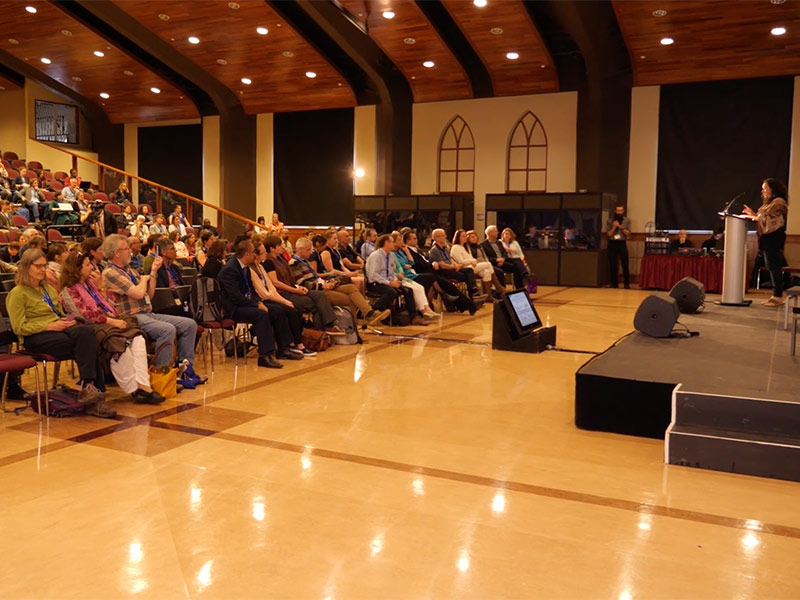Communities, Conservation and Livelihoods: Synthesis Discussion
[vc_row css_animation="" row_type="row" use_row_as_full_screen_section="no" type="full_width" angled_section="no" text_align="left" background_image_as_pattern="without_pattern"][vc_column width="1/2"][vc_column_text]Through presentations made by numerous knowledgeable professionals during the 2018 Communities, Conservation, and Livelihoods conference, valuable insight and personal experiences were shared on topics such as structures of governance, sustainable livelihoods, rights and conflict, Indigenous peoples (and...



